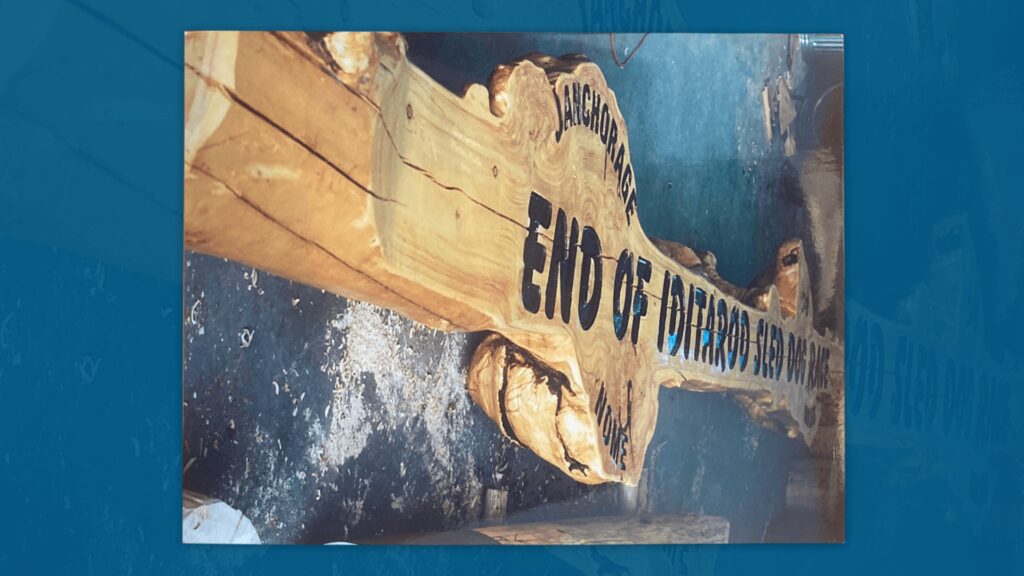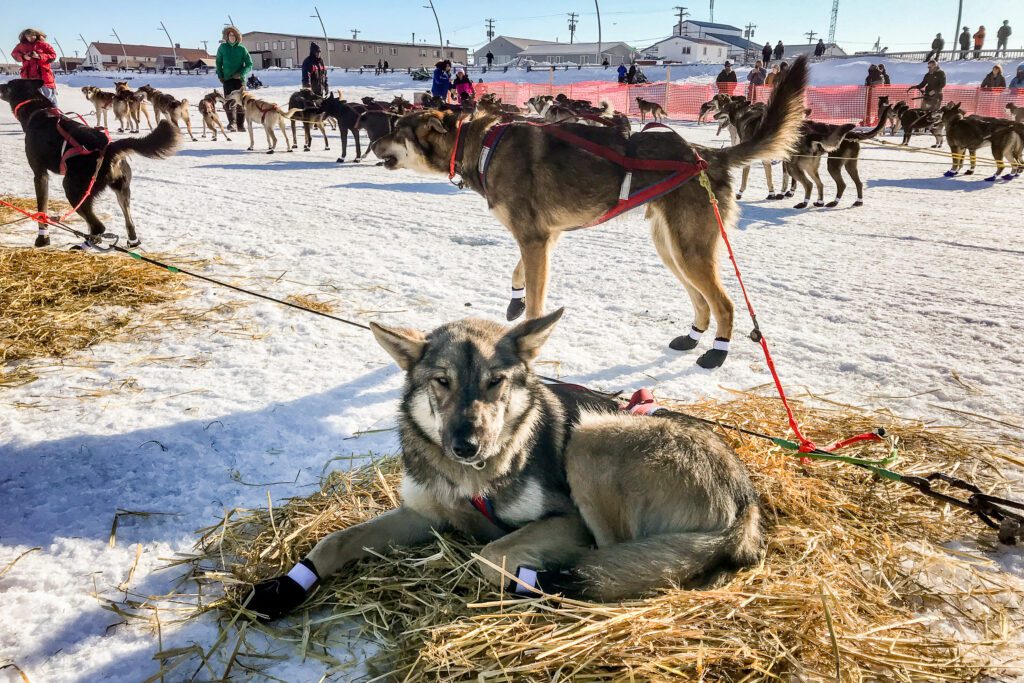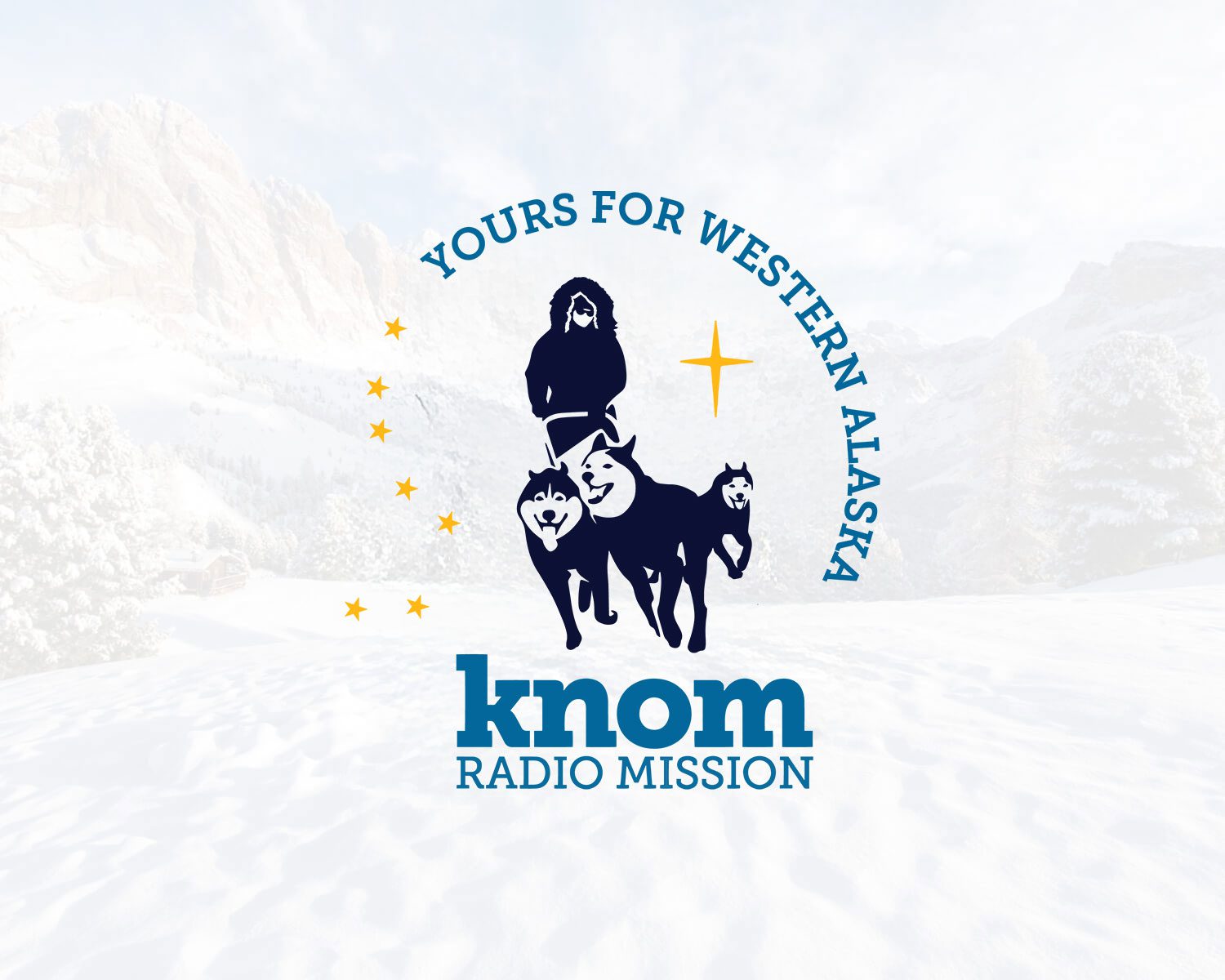On several occasions over its 37 year-history, the Yukon Quest has had less than 15 mushers finish the race. But according to its archives, never before has the Quest had 15 or fewer start the international sled dog race – until now.
New race marshal Peter Reuter, who took over for Doug Harris at the beginning of this year, says he can’t confirm for sure that this year’s lineup is the smallest field in Yukon Quest race history.
“My records don’t actually go back that far so…It is a small field. It’s the smallest field that I’ve seen in a while. I’m not sure historically if it’s actually been smaller than that.”
Some mushers deciding to drop from the race within the last few weeks certainly contributed to the lack of teams in the 2020 Yukon Quest.
Matthew Failor was originally signed up to run the Quest this year, but after his 2nd place finish in the Kuskokwim 300 and running the Copper Basin earlier this month, he chose to withdraw from the YQ roster. Sisters Lori and Louve Tweddell also dropped from the Quest, after originally signing up to run this year’s international sled dog race. According to Canadian media reports, since the Tweddells did not complete the Copper Basin 300 in early January, they did not meet the qualifications to race the Yukon Quest.
Reuter says it’s common in any sled dog race for several teams to withdraw before the event starts.
“Here in Alaska, the Copper Basin 300 was just run a couple weekends ago and (in) that race there were 50 teams signed up. And 23 of them pulled out within 48 hours of the start of the race. So, it’s not uncommon to lose a few teams here and there before the start of the race.”
Though he never signed up to begin with, Matt Hall chose not to race the Quest this year as well. This will be the first time he hasn’t done the 1,000 miler in the last six years. His first year in the Quest was 2014, his rookie season. Hall told KNOM via email that this year is, “a bit of a reboot.”
Hall is coming off back-to-back years of running both the Yukon Quest and Iditarod, which he says has been stressful. Hall just finished his first Kuskokwim 300 earlier this month with a young team of mostly two-year olds. He says he will not compete in any 1,000 mile races this year but plans to do the local Two Rivers 200 race this March in his hometown.
The 15 mushers who are entered to race in this year’s Yukon Quest include last year’s winner Brent Sass, 3-time champ Allen Moore, who also has the fastest time of 8 days, 14 hours, and 21 minutes from Fairbanks to Whitehorse (set in 2014), and race veteran Michelle Phillips.
Reuter says he’s looking forward to seeing the 15 registered teams in action.
“The small field actually makes the logistics slightly easier. It is a great field, I will say that. So, we’ve got three rookie teams, and other than that, everyone else is a veteran. Some really experienced mushers and dog teams out there, it’s going to be fun to watch.”
All competing mushers stand to receive some winnings this year, as the top 15 finishers are guaranteed a percentage of the $100,000 race purse.
According to Reuter, preliminary trail reports indicate that conditions are good on both the Alaskan side and Yukon side so no modifications are expected at this point. The 2020 Yukon Quest begins Saturday (Feb 1st) at 11am in Fairbanks.
Image at top: Canadian musher Michelle Phillips attends to her dogs in Takotna during the Iditarod. Photo from KNOM file (2014).







